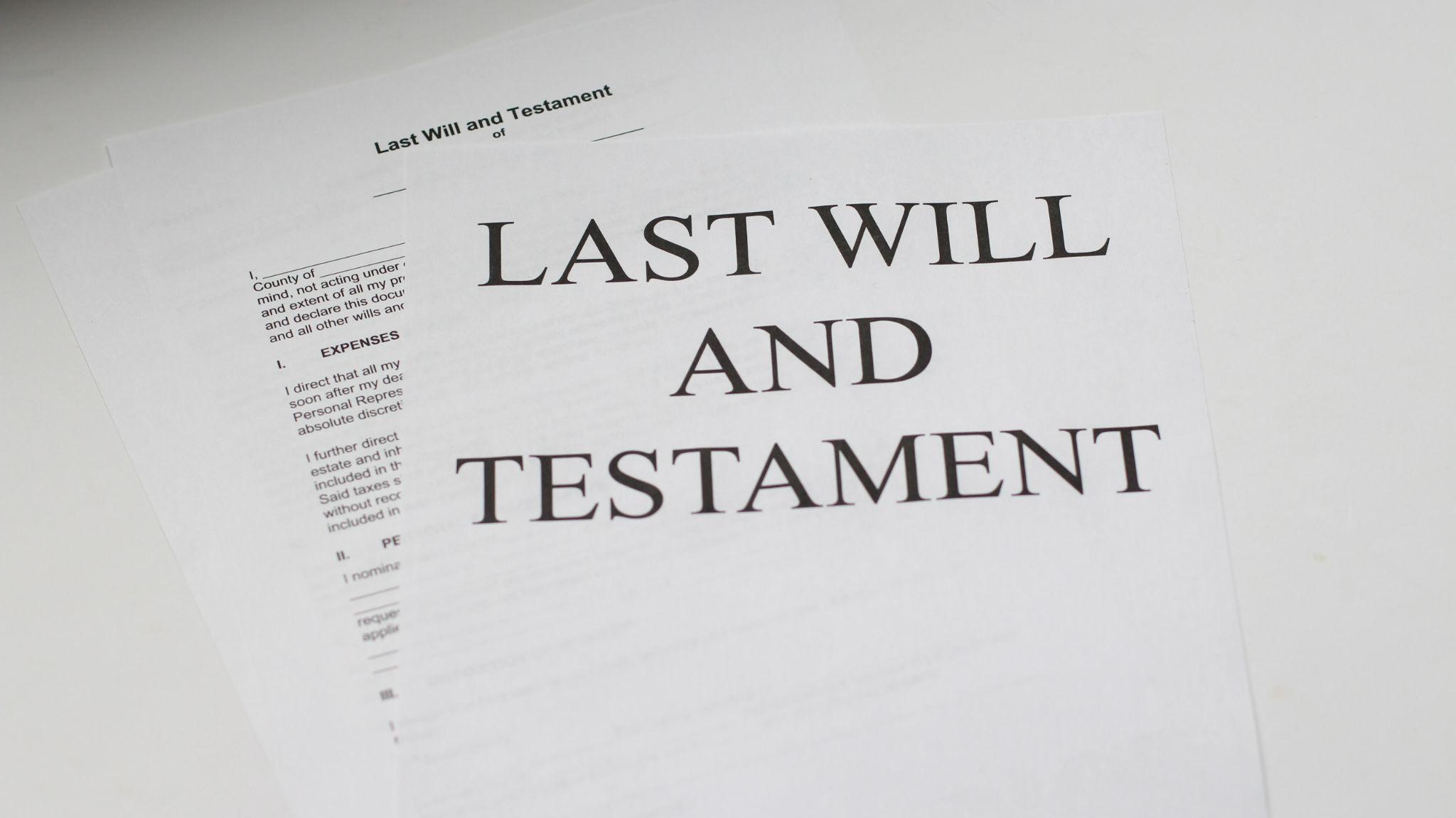There seems to be a common misconception that a will is not necessary for a lot of individuals and they are only for people with a great deal of wealth. This is not the case as by having a Will, regardless of the size of your estate, you are ensuring the right things are left to the right people and that someone you trust is going to be responsible for the distribution of your Estate.
As such, even though contemplating your own death can be a relatively morbid experience, you need to ensure that you are putting a Will together in a way that clearly outlines your wishes and that ensures it is valid. You should always consult experts to help you with this as there are a number of different rules and regulations in place that need to be adhered to when a Will is being put together to ensure that it is valid. These are discussed in more detail below.
Need to Be the Right Age
In England and Wales, anyone who is 18 or older is in a legal position to make a Will. That being said, it is worth noting that that person needs to have sufficient mental capacity and understands what they’re doing, as well as what the potential consequences of doing so may be. There are some circumstances that allow people in the armed forces or navy to make a Will if they are under the age of 18.
Having Sufficient Mental Capacity
One of the most important aspects when it comes to ensuring a Will is valid is that the individual who’s Will it is has to have mental capacity. The testator used to need to have “a sound mind” but that definition has since been updated following the passing of the Mental Capacity Act in 2005. The actual legislation refers to other areas of law but it is useful to use as a guide on how to understand whether or not an individual has mental capacity.
Banks v Goodfellow is often cited when interpreting the criteria as the ratio from this case further elaborated on what the true principles of having mental capacity were. The test developed has four strands:
- A person needs to be able to understand that they are making a Will and as such, what the effects of making that Will might be. They also need to be able to understand what could happen if they do not make a Will.
- The testator needs to have a standard grasp of what they own when they are making the Will and as such, what they are entitled to leave people.
- The person making the will has to be fully aware of those who may be expected to receive part of the estate.
- The testator cannot be suffering from any kind of delusion when they make the Will that might potentially affect their judgement. This delusion could include symptoms of mental illness or other injury or conditions.
Why Do People Need to Have Mental Capacity?
The purpose behind a testator having mental capacity is quite straightforward. If someone has the ability to make their own decisions then obviously they have the right to do so. In the same vein, if an individual is not able to make a decision by themselves, it should not be up to someone else to make those decisions. General rules and principles that apply include:
- Someone is assumed to have mental capacity unless it’s shown they don’t, even if the decisions they make within their Will seem unwise or foolish.
- If someone doesn’t have the capacity to make one decision, that does not mean they don’t have the capacity to make other decisions. Their ability is assessed on specifics rather than just in general.
- It is possible that a person is able to make a decision at one part of the day but then not at others. Alternatively, they might be able to make a decision depending on the specific context or situation they find themselves in.
Different Formalities
There are a number of formalities that need to be adhered to when a Will is being made in order for it to be valid. These are specified in the Will Act where it states:
- The Will needs to be in writing, unless the testator is a soldier or mariner.
- The Will must be signed by the testator. If for whatever reason they are unable to sign the Will then they are able to direct someone to do it on their behalf, so long as the testator is present the moment it is signed.
- The person has to acknowledge that by signing the Will they are making its contents legally binding.
- The signature of the testator has to be witnessed by two people at the same time and these two people also need to sign the Will in the presence of the testator.
When Are Gifts Valid
If someone who witnesses the Will receives some kind of gift then that gift is not valid. If the testator plans on making more gifts in the Will to try and avoid inheritance tax then the witnesses of the Will need to be individuals who won’t receive one. Care also needs to be taken as the rules surrounding when a gift specified in the Will is sold before the testator dies are not entirely clear.
Do You Need Help Putting a Will Together?
As previously mentioned, it is incredibly important that you put together a valid Will as this is going to ensure that you are happy with where your estate is going once you pass and someone trustworthy will be responsible for its distribution. You should be sure to get professional help when putting your Will together to ensure that it is valid. At Norfolk Will Writing, our team of experts are on hand to guide you through the process of putting your Will together. If you have any questions or would like any further information then do not hesitate to get in touch.





